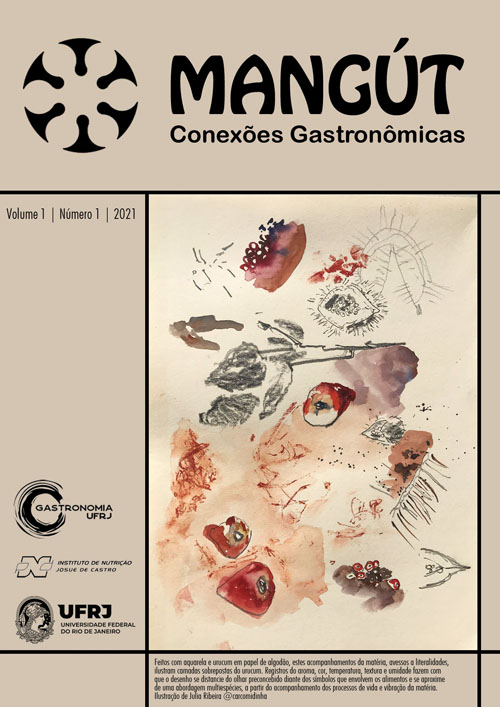Kitchen Politics: the role of kitchen in political rhetoric
Keywords:
Gastronomy, Cooking, Politics, Rhetorical Analysis, Burke´s Pentad,Abstract
This work combines two words - politics and kitchen - that have not always had the opportunity to share the same sentence, at least as often as we see in the media today. The attraction of celebrities for cooking is undeniable, a phenomenon that began in the twentieth century but has expanded on a large scale this millennium. The political class quickly captured the discursive extent (verbal and non-verbal) of the culinary universe. We see politicians speaking in the kitchen and participating in large audience programs to share a recipe or secrets of domestic life. We wonder why politicians wear the apron. What messages are cooked up in the political cauldron and are the voters sensitive to this kind of persuasion? Starting from these questions we decided to study kitchen’s place in political rhetoric, applying a methodology of analysis based on K. Burke's drama, suitable to observe five selected cases in the Portuguese and foreign media. The kitchen, as physical space and also the culinary universe constitute a scenario and a powerful medium for political rhetoric. However, there are signs that the audience may not tolerate a recurrent use of this resource by politicians.
Downloads
Published
Issue
Section
License
Autores que publicam nesta revista concordam com os seguintes termos:
- Autores mantém os direitos autorais e concedem à revista o direito de primeira publicação, com o trabalho simultaneamente licenciado sob a Licença Creative Commons Attribution que permite o compartilhamento do trabalho com reconhecimento da autoria e publicação inicial nesta revista.
- Autores têm autorização para assumir contratos adicionais separadamente, para distribuição não-exclusiva da versão do trabalho publicada nesta revista (ex.: publicar em repositório institucional ou como capítulo de livro), com reconhecimento de autoria e publicação inicial nesta revista.
- Autores têm permissão e são estimulados a publicar e distribuir seu trabalho online (ex.: em repositórios institucionais ou na sua página pessoal) a qualquer ponto antes ou durante o processo editorial, já que isso pode gerar alterações produtivas, bem como aumentar o impacto e a citação do trabalho publicado (Veja O Efeito do Acesso Livre).



